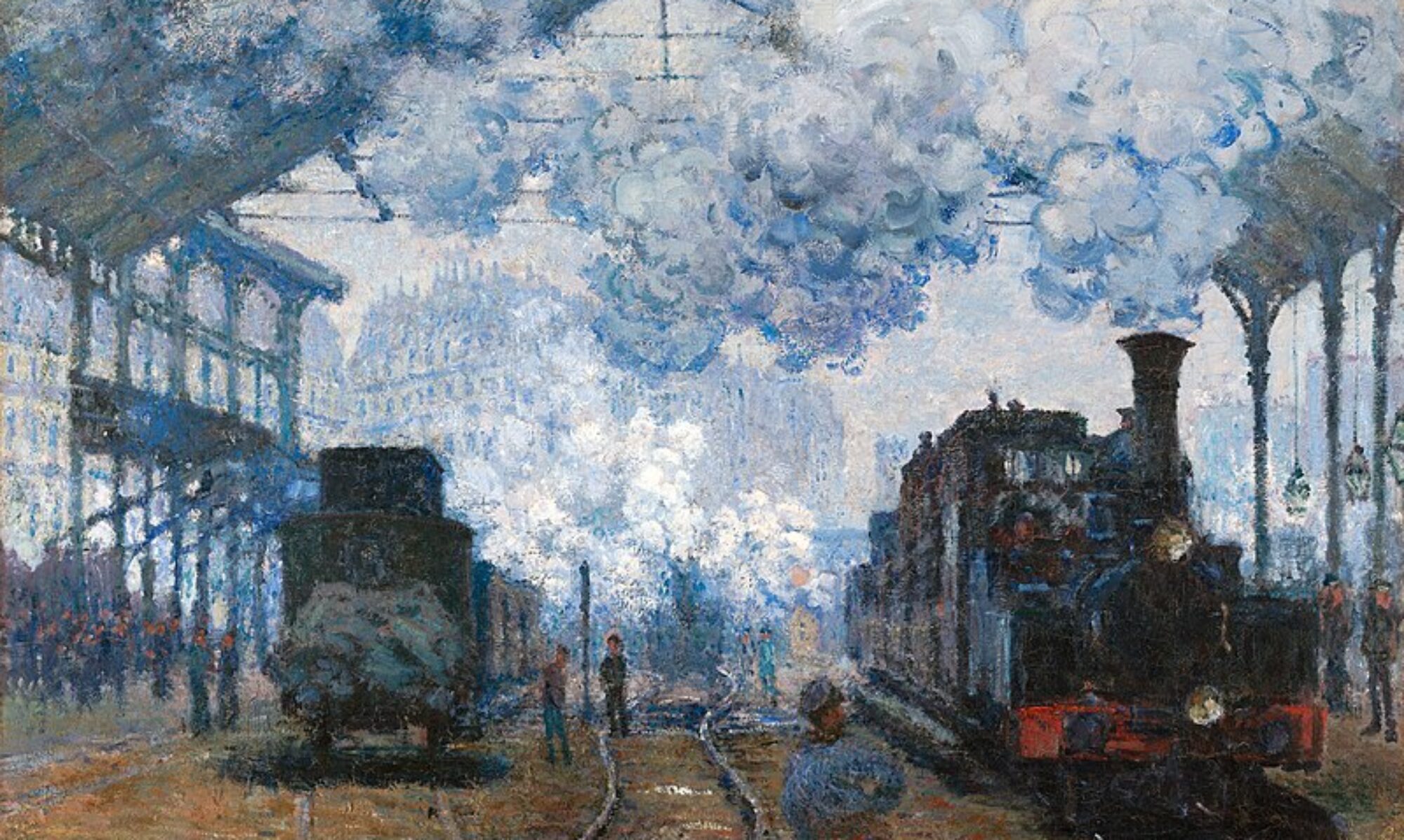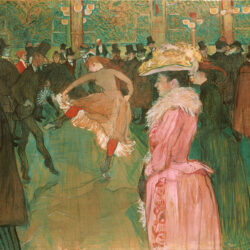In all of history, there has often been the question of how does class structure affects the wealth distribution amongst the people, this was a common issue in Paris. In the reading The Ladies Paradise, two old schoolmates and friends from different social standings meet each other after going on their separate ways. It is stated on page 64, “In spite of their different natures, a close comradeship had made them inseparable until the baccalauréat, which they passed, one with distinction, the other just scraping through after two failed attempts.” (Zola 64) As readers, we are at first not told which friend had the high earning distinction and who just barely passed. It is later noted that the poor friend who could not use his diplomas to help his station was the one who passed with honors. After his father’s passing his family was left struggling and despite his education, he could not help them. The friend who barely passed continues to bask in wealth due to his station and not due to his work. He even scoffs at his friend’s 3,000 Francs per year.
Now it would be fair to think that Vallagnosc would be angered at his station, but he appears to just be focused on supporting himself and his mother and sisters the best he can. His friend Mouret, much like many of the wealth often do to the underclass they see as below them, goes on to brag and subliminally mock his old friend. He muses how even though Vallagnosc was educated and well accomplished a simple minded sales boy made more Mouret than Vallagnosc would earn in a year.
How is the treatment of Vallagnosc by Mouret reminiscent of class divides amongst people in France and Europe overall in the 19th Century?


To me, the treatment of Vallagnosc by Mouret is not merely reminiscent, but it epitomizes the constant cultural struggles between rich and poor (and the perception each class has of the other) that was born out of this era. We see from the circumstances of the piece that Vallagnosc’s misfortune is not really by his own fault, but moreso just the circumstances of life. Mouret seems to portray the common upper-class attitude that just because he was capable of making a more than adequate living, with not as much effort as Vallagnosc’s mind you, Vallagnosc’s difficulties are due to his not working as hard or as much. However, we clearly see that as the opposite when we learn that from the beginning he was the one who had passed with distinction. It is a great example of how society doesn’t always reward those who work the hardest, and sometimes either by unjust factors or by chance, those who are underserving of rewards reap many more than they would otherwise be entitled to. The turning the Mouret does on his friend by ridiculing his earnings and place in society also reminds me of the selfishness that we see in many depictions of people in this period. It is vaguely reminiscent of Alexander Dumas’ “The count of Monte Cristo,” (published about 40myears prior to this piece) where some of Edmond Dantes’ closest associates betray him out of their own selfish desires to increase their own standing(s) after Napoleon’s brief resurgence to power in the 100 Days.